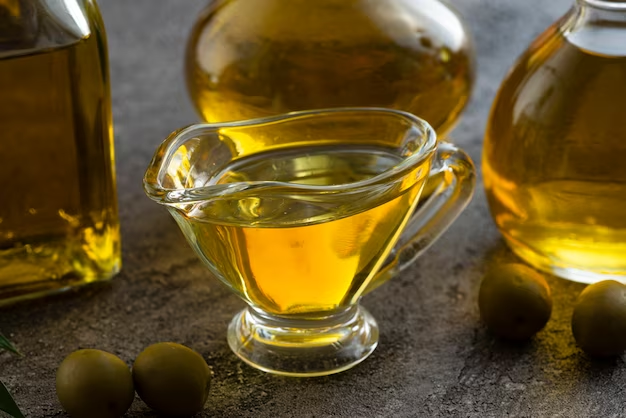An In-Depth Look at the Powerful Properties of Castor Beans: A Comprehensive Guide for Everyone

INTRODUCTION
Welcome to our comprehensive guide on the powerful properties of castor beans! In this in-depth exploration, we will delve into the fascinating world of castor beans and uncover their extraordinary benefits. Whether you’re a curious nature enthusiast, a health-conscious individual, or simply interested in learning something new, this guide is designed to provide you with valuable insights and information. Join us as we uncover the versatile applications, fascinating history, and potential therapeutic uses of castor beans. Let’s embark on this enlightening journey together!
Growing Beautiful Castor Oil Plants: A Step-by-Step Guide
Overview:
The Castor Oil Plant, scientifically known as Ricinus communis L., commonly referred to as the castor oil plant or castor bean, is native to tropical regions of Africa, particularly the southeastern Mediterranean basin of Eastern Africa. It is now cultivated in warm regions globally, with major production contributions coming from India, China, and Brazil. The plant’s seeds are the source of castor oil used in pharmaceutical and industrial applications. However, it’s essential to note that the oil-rich seeds are toxic due to the presence of ricin, making them dangerous for consumption or chewing.
Global Production:
The castor oil plant was introduced to China from India around 1400 years ago, and presently, India has become the leading exporter of castor oil, responsible for over 90% of global exports. Major importers of castor oil include the United States, the European Union, and China, which collectively account for about 84% of total imports. India is the top producer, yielding between 250,000 and 350,000 tons of castor oil annually, with Gujarat being the leading producer, followed by Andhra Pradesh and Rajasthan.
Properties:
Castor oil is derived from the seeds of the castor bean and is a viscous, pale-yellow, non-volatile, non-drying oil. Its unique composition, with high levels of ricinoleic acid (RA), makes it suitable for various industrial applications, including the manufacturing of lubricants, paints, inks, and coatings. Additionally, its RA content provides oxidative stability, increasing the oil’s shelf life and allowing it to undergo several chemical reactions.
Uses:
• Wound Healing:
Applying castor oil to wounds creates a moist environment, speeding up the healing process and preventing sores from drying. It also aids in the growth of tissues and treats various skin ailments
• Natural Laxative:
Castor oil is commonly used as a natural laxative due to its stimulant laxative properties, promoting bowel movement. However, it should be consumed in small doses to avoid adverse effects such as nausea and diarrhea.
• Healthy Hair and Scalp:
Castor oil serves as a natural hair conditioner, repairing and moisturizing dry and damaged hair and treating scalp conditions like dandruff.
•Anti-inflammatory Effects:
Ricinoleic acid in castor oil exhibits anti-inflammatory properties, making it beneficial for reducing inflammation and pain in conditions like rheumatoid arthritis and psoriasis.
• Natural Moisturizer:
Its high RA content makes castor oil an effective humectant, retaining skin moisture. It is widely used in cosmetic products, such as lotions and makeup, for its hydrating properties.
Conclusion:
While castor plants make up a small fraction of global vegetable oil production, castor oil holds high significance in the chemical industry, primarily due to its commercial source of hydroxylated fatty acids. The growing global consumption of castor oil underscores its increasing importance, representing a significant portion of the vegetable oil market.
For further details, including industrial and pharmaceutical-grade castor oil manufacturing, visit RUNZOER INDIA.
